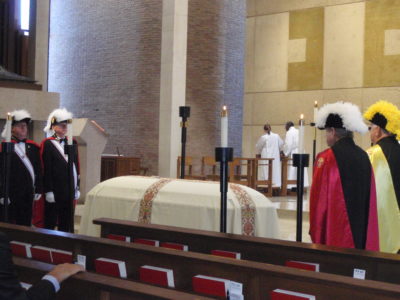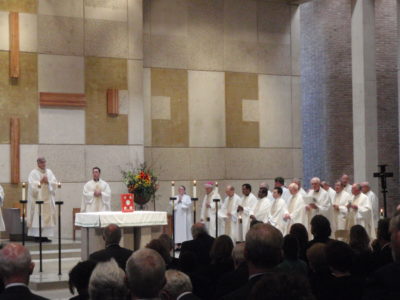(Editor’s Note: As the election nears, Mississippi Catholic offers some local and national perspective. In this issue find the first of two columns on Faithful Citizenship by Bishop Jospeh Kopacz as well as analysis from Catholic News Service and the USCCB. The full text of the Faithful Citizenship document is posted to the diocesan website, www.jacksondiocese.org.)
By Tom Tracy
WEST PALM BEACH, Fla. (CNS) – With the raucous Republican and Democratic conventions long concluded, assessments of the U.S. electorate routinely include such phrases as “mutual loathing,” “contempt,” “unbridgeable antipathy,” a “clash of visions” and “appalling eruptions of hatred.”
November’s presidential contest between Democratic presidential nominee Hillary Clinton and Republican nominee Donald Trump is shaping up to be the most negative and “dark” U.S. presidential election since the late 1960s, replete with party infighting, alleged election interference from Russian cyberhacking squads and defiant supporters of U.S. Sen. Bernie Sanders still looking for political options.
Meanwhile, police and racial tensions, ambivalence about global immigration and a spate of horrific terrorism at home and abroad – including the July 26 murder of a Catholic priest celebrating Mass in France – have further inflamed political climates everywhere as raw emotions and hyperbole seem to trump political platforms and issues.
The level of popular rancor has some wondering if the remaining weeks of the election season will be marked by an ever escalating incivility and rudeness, or if all the election noise somehow indicates a healthy level of voter engagement.
“The political conventions displayed many examples of the lack of civility in the public sphere: There were examples at both conventions of booing or chanting during a speech by those who disagreed, and there were frequent ad hominem arguments rather than legitimate criticisms of an opponent’s positions or experiences,” said Diana Carlin, a former professor of communication at St. Louis University and a retired associate provost for graduate and global education.
Carlin, who is writing a book related to the 1996, 2000 and 2004 U.S. elections, spoke with Catholic News Service following the Democratic convention, which ended July 28.
“While the processes both parties use are not perfect, they are the processes and everyone plays by the same rules. To have supporters or even candidates refuse to accept the process rather than move on and try to change it does not provide a good example for young people,” she said.
Twenty years ago, Carlin helped created a program called “DebateWatch,” in which people with differing political perspectives convened to watch the election debates and then discuss them with a facilitator. The most recent of those conversations followed the 2004 election.
“We had hundreds of these groups around the country and transcripts were made. In reading through them, I did not find an example of rudeness,” she said, noting that some in the study group even went so far as to say that if their candidate lost, they were willing to give the other one a chance because they understood that they had some positive ideas.
It should be noted, Carlin said, that what is happening in the 2016 election cycle is not altogether unique and that past political conventions have had very contentious moments. The 1968 Democratic National Convention in Chicago “was worse than anything that has happened since,” she said, noting the role of social media today for encouraging anonymous, often reckless political speech and reactions.
1968 was a year of violence, political turbulence and civil unrest for the country. In Chicago, the DNC drew anti-war protesters; the demonstrations were met with police force. Inside the convention hall, the party was divided. The DNC followed the assassination of the Rev. Martin Luther King Jr., and presidential hopeful Sen. Robert F. Kennedy. Vice President Hubert Humphrey was eventually picked as the party’s presidential nominee, without competing in any primaries; he compiled delegates in caucus states controlled by party leaders.
“Compromise is missing in our system now and the lack of civil discourse in governing bodies, the media, and social media make it difficult to find those points of common ground and compromise or to enable someone to establish empathy for another’s position without necessarily accepting it,” Carlin said.
Washington State University’s Cornell Clayton, who is director of the Thomas S. Foley Institute for Public Policy and Public Service, agrees that America has known periods of even greater incivility, including the run up to the Civil War, along with elections in the early 19th century as well as the violence attending the 1960s civil rights movement.
“Political incivility has been around a long time and in American history there have been periods of much worse; today’s rhetoric would pale in comparison,” said Clayton, who has facilitated conferences on the topic civility and democracy in America.
What may be new today is the thoroughgoing nature of polarization and staunch partisan identification of American political elites, party leadership and the media.
The Democratic and Republican conventions, Clayton said, were “perfect distillations of how polarized our country is in terms of our parties as tribal-like camps and what that does to Americans’ psychologically and how they feel about the party.”
While democracy requires certain forms of civility – acts of violence, threats or intimidation are not helpful to democracy – we should spend less time being concerned about the anger and passion coming out in our politics our discourse, and more concerned about the issues dividing our country,“ he added.
”Thinking that civility will solve our problems is wrong; the reason that we have incivility is because we are divided a country.”
Cassandra Dahnke, co-founder and president of the Houston-based Institute for Civility in Government, which works in a nonpartisan way with lawmakers, students and community organizations, told CNS that the current political climate encourages polarization, and that to make their points, elected officials all too often resort to demeaning others rather than focusing on the positive strengths of their own positions.
“Unfortunately, the polarization learned in one venue of life often spills into others, and the results can be unfortunate if not tragic,” said Dahnke.
Dahnke, who defines civility as claiming and caring for one’s identity, needs and beliefs without degrading someone else in the process, told CNS she believes the country has been losing the concept of working for the public good rather than a “self-interest power grab.”
Young Americans, she said, seem to eagerly embrace hands-on volunteerism, but pursuing a vocation of public service has fallen into disfavor.
“The possibility of losing our best and our brightest because they do not want to be involved in an antagonistic political climate lacking any semblance of civility looms large and should be a cause of grave concern.”
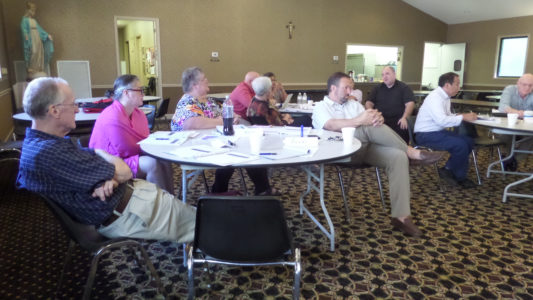

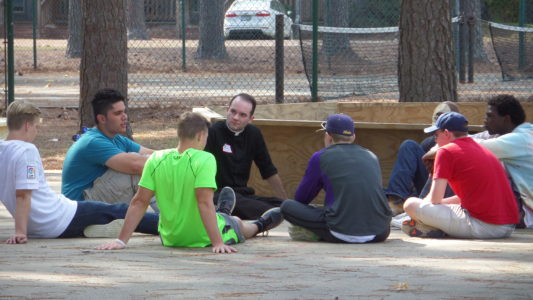
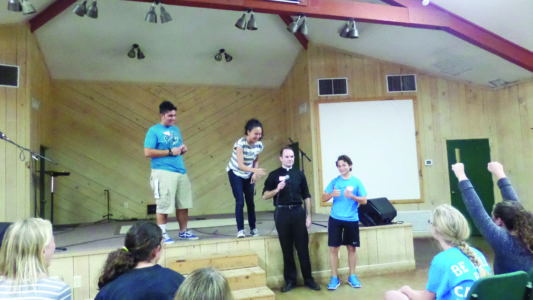

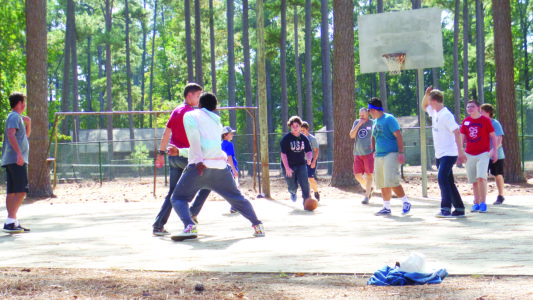
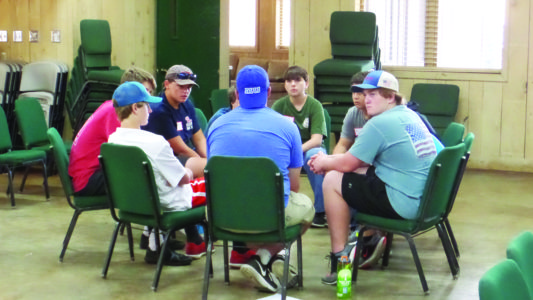
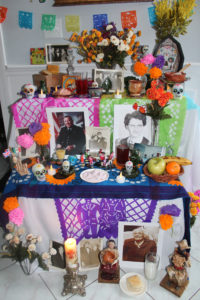
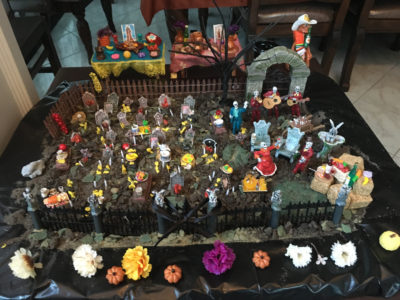
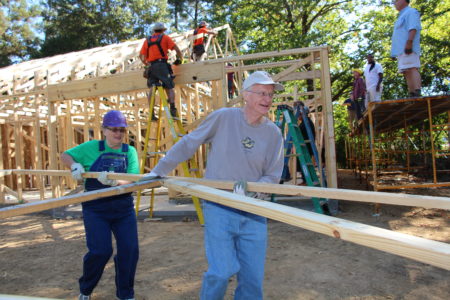
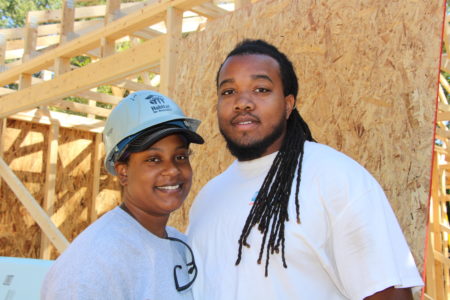

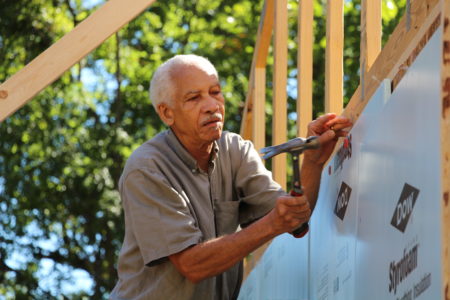
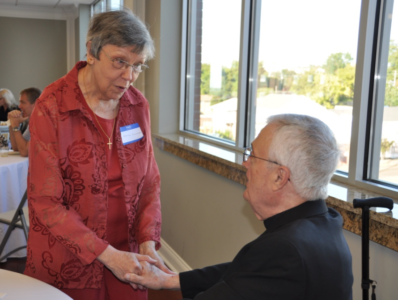
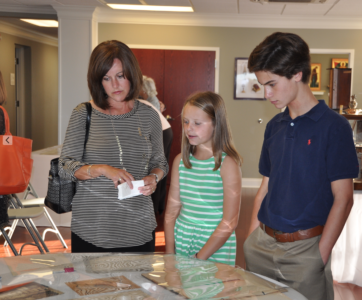
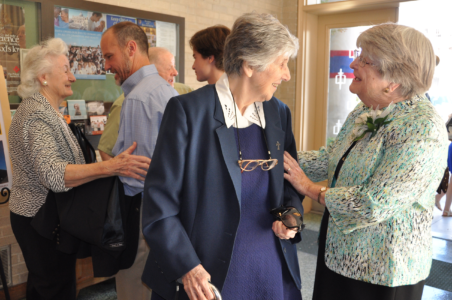
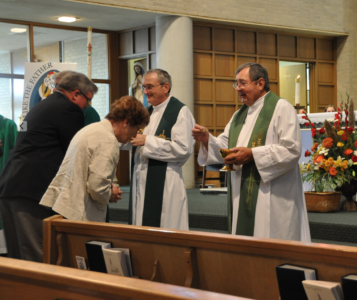
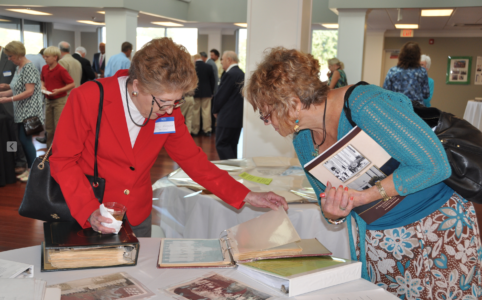

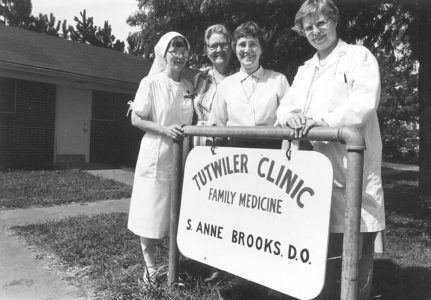
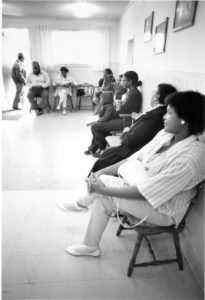
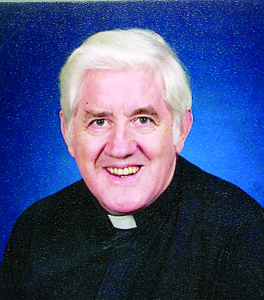 Father Richard Lawrence Somers, 76, passed away peacefully on Wednesday, October 19, 2016, at St. Catherine’s Village. He was born in Clogh, Castlecomer, Co. Kilkenny, Ireland on August 8, 1940, son of the late, Richard and Mary Somers.
Father Richard Lawrence Somers, 76, passed away peacefully on Wednesday, October 19, 2016, at St. Catherine’s Village. He was born in Clogh, Castlecomer, Co. Kilkenny, Ireland on August 8, 1940, son of the late, Richard and Mary Somers.